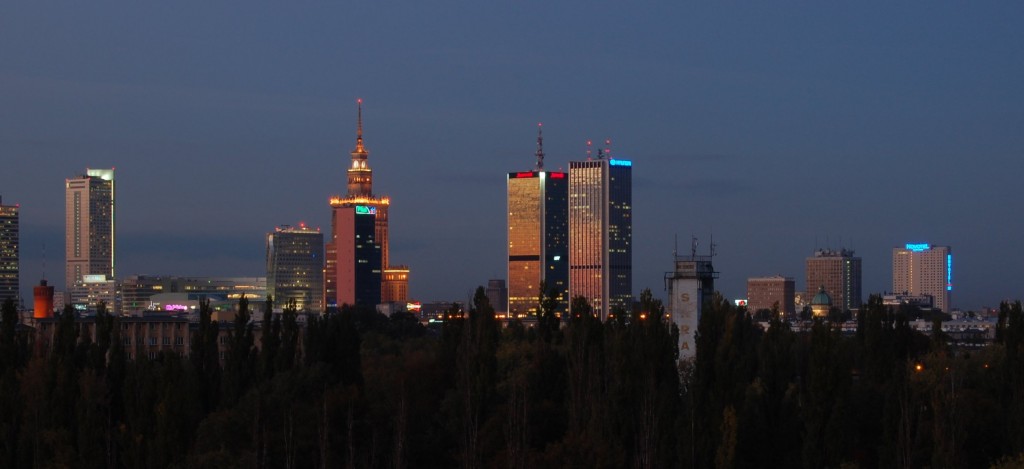
Gerrymandering: Polish Style aka Law and Justice’s Great Warsaw Project
Law and Justice found a solution to how to seize power in Warsaw in 2018. The party proposed to create so-called Great Warsaw by adding 32 surrounding municipalities to the city. New Warsaw will have area bigger than Paris or London.











